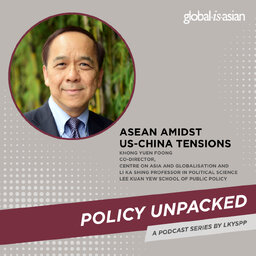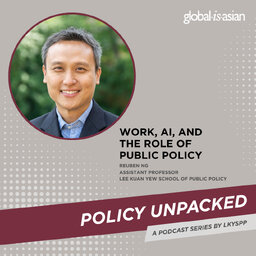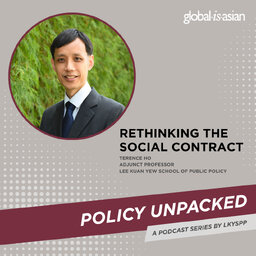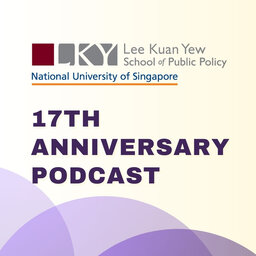Social inclusion in Singapore: Are we there yet?
LKYSPP 17th Anniversary podcast series
The Lee Kuan Yew School of Public Policy is marking its 17th Anniversary with a special podcast series. The series will take up a range of topics und…The concept of social inclusion stresses the causes, experiences and consequences of persistent, overlapping disadvantages. Social inclusion envisions the opposite of a socially exclusive society. In this vision, people are able to take part in social activities that are considered customary in that time and place; they have capacity for economic production and consumption; they also get to shape the decisions that directly affect them.
In recent months, the Singapore government announced plans to develop new public housing in prime locations, introduce workplace anti-discrimination laws and expand the Progressive Wage Model to more sectors and occupations. These initiatives fall in several critical domains of social policy – housing, income and work. Can they pave the way to a more inclusive society? Ng Kok Hoe (LKYSPP) and Shailey Hingorani (AWARE) discuss these questions in a conversation on social inclusion, research and advocacy.
In 1 playlist(s)
Policy Unpacked Podcast
Policy Unpacked is a production of Global-is-Asian, the flagship digital platform of Singapore’s Lee…Social links
Follow podcast
Recent clips

ASEAN Amidst US-China Tensions
17:42

Policy Unpacked: Policy Unpacked - Work, AI, and the Role of Public Policy
29:37

Policy Unpacked: Rethinking the Social Contract
20:59
 Policy Unpacked Podcast
Policy Unpacked Podcast